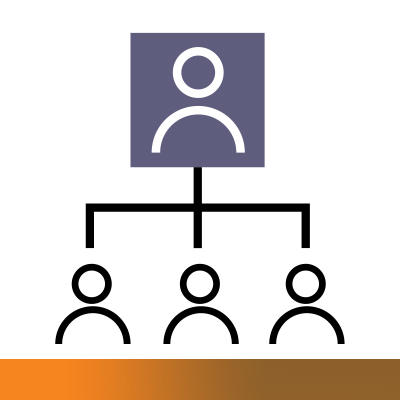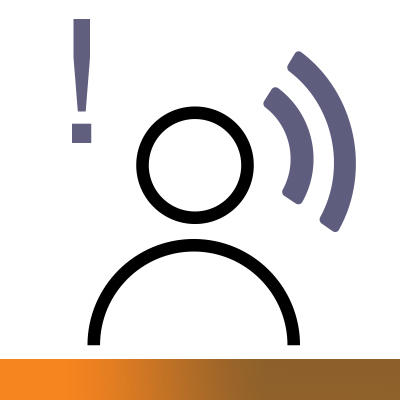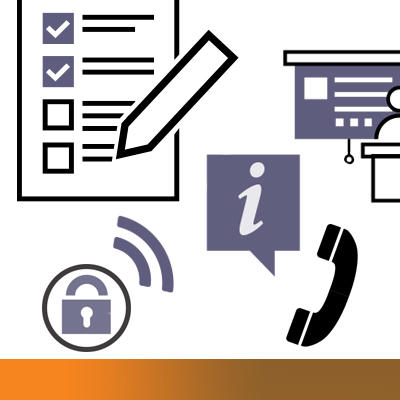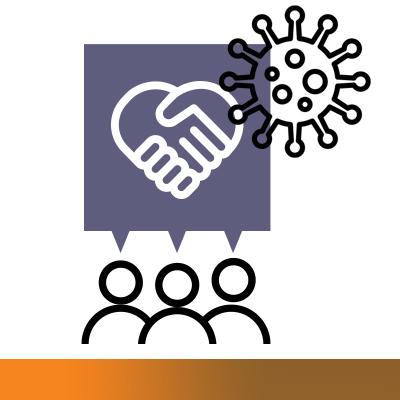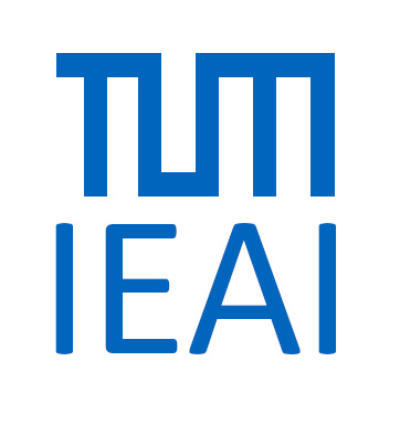Germany
Ethics at Work Index: 80.8
The work environment in Germany seems to have improved in some important ways compared to 2018. Most employees think that honesty is practised always or frequently in their organisation and have not felt pressured to compromise their organisation’s standards of behaviour. The percentage of employees who have been aware of misconduct has also substantially decreased.
However, many organisations in Germany, like in other countries, seem to struggle to encourage employees who have been aware of misconduct to speak up about it. Perhaps this is because the key elements of an ethics programme are still not commonly used in Germany. It is worth noting that the improvements recorded compared to 2018, particularly with regards to the means of reporting misconduct confidentially, seem to indicate that organisations are moving in the right direction. Looking ahead, loss of interpersonal interactions due to the effects of the Covid-19 lockdown is the issue that German employees are more likely to be concerned about.

